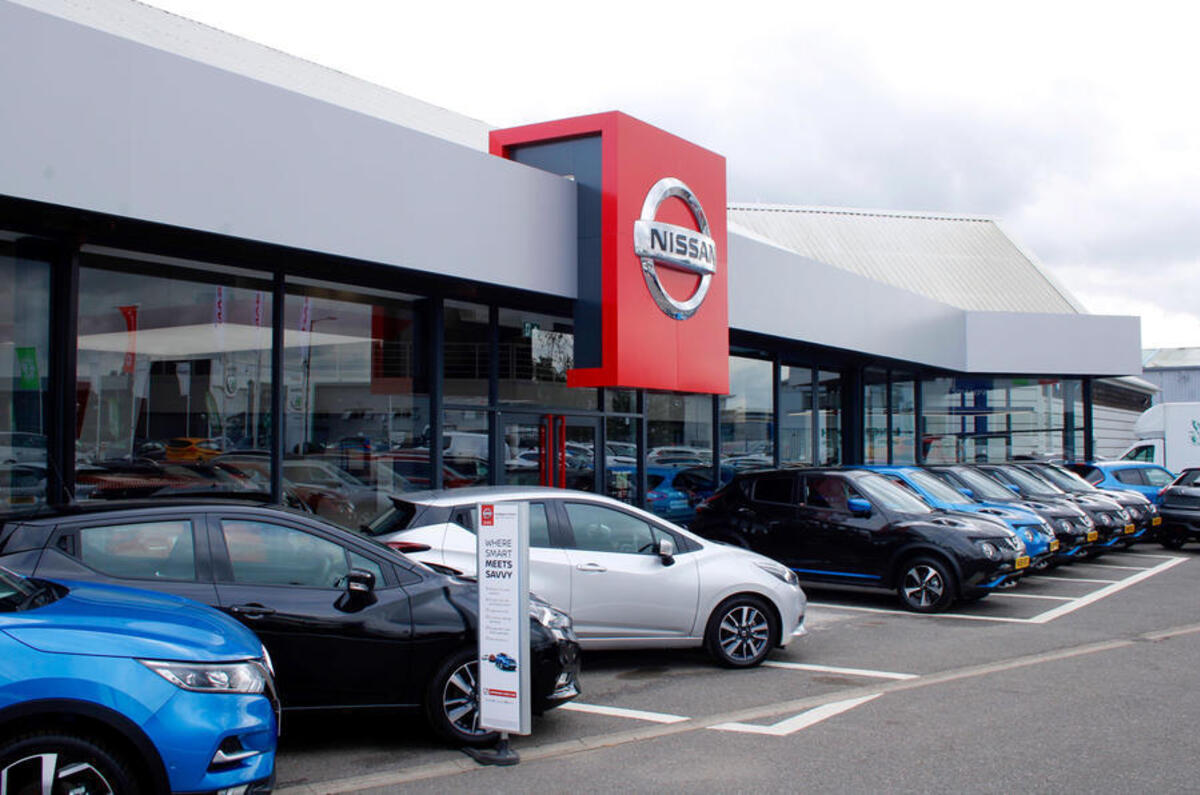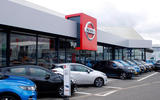Car makers are putting new faith in an old and often neglected price-control method to clamp down on the rising costs of electric cars: residuals. Residuals is automotive industry jargon for the value of your car when you come to sell and, as you might have noticed recently, that’s a lot more than it has been.
This has created two effects. One: used cars become more expensive. And two: car companies earn a lot of money, particularly on the finance side of their business. VW Financial Services, for example, saw profit more than double to just under €6 billion (£5bn) in a record year, citing higher residuals. Morgan Stanley, a bank, called its performance “EXTRAORDINARY” in an analyst note. (Analysts aren’t known for their prolific use of capital letters.)











Join the debate
Add your comment
Residuals - you could write a whole magazine on the subject. Unless new car production continues to be limited in some way, some folk are in for a very nasty surprise on how much they'll loose. Unless Dr Who could loan me her Tardis or Doc Brown loan me his DeLorean, I wouldn't even dream of purchasing a car right now.